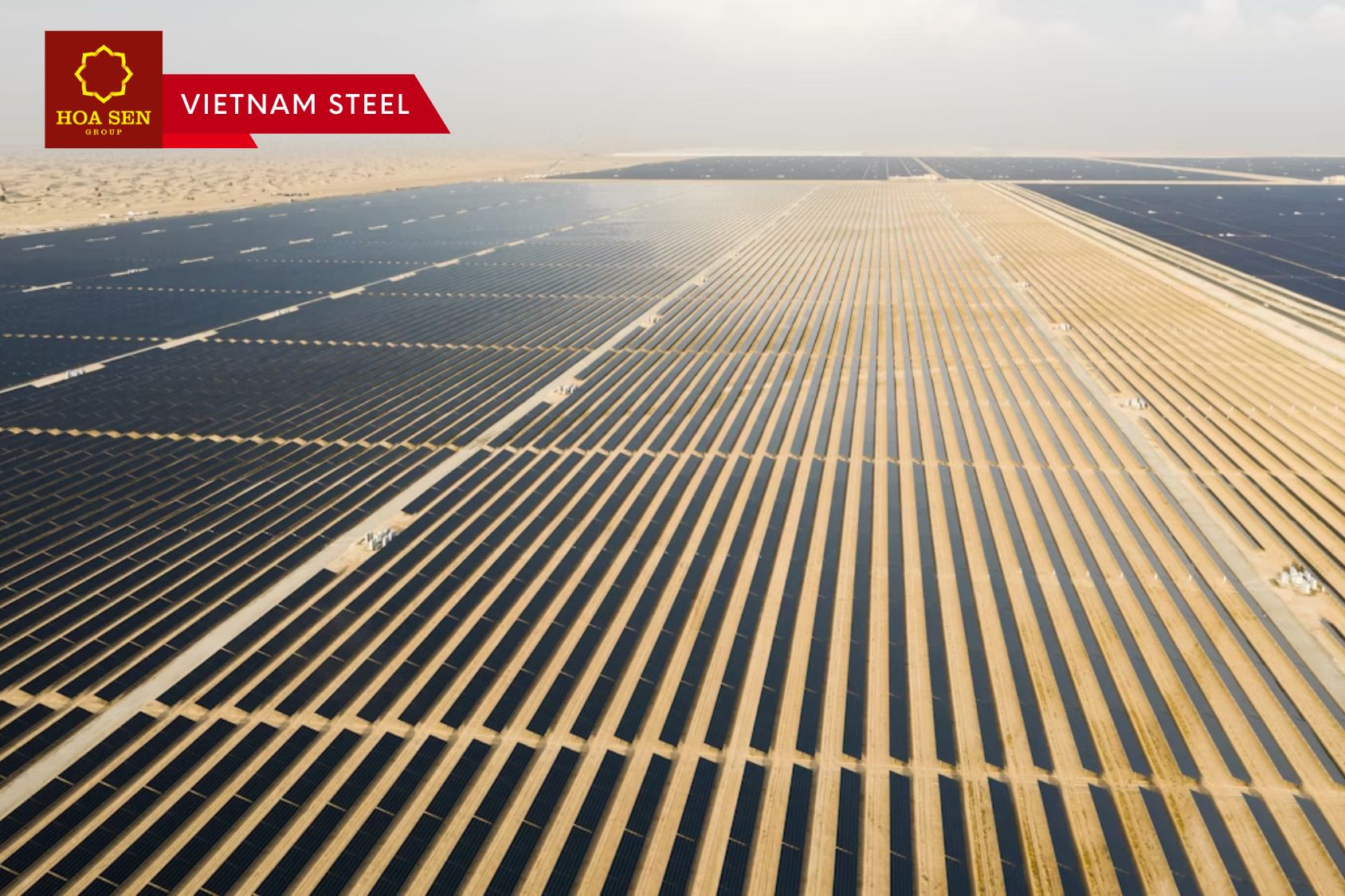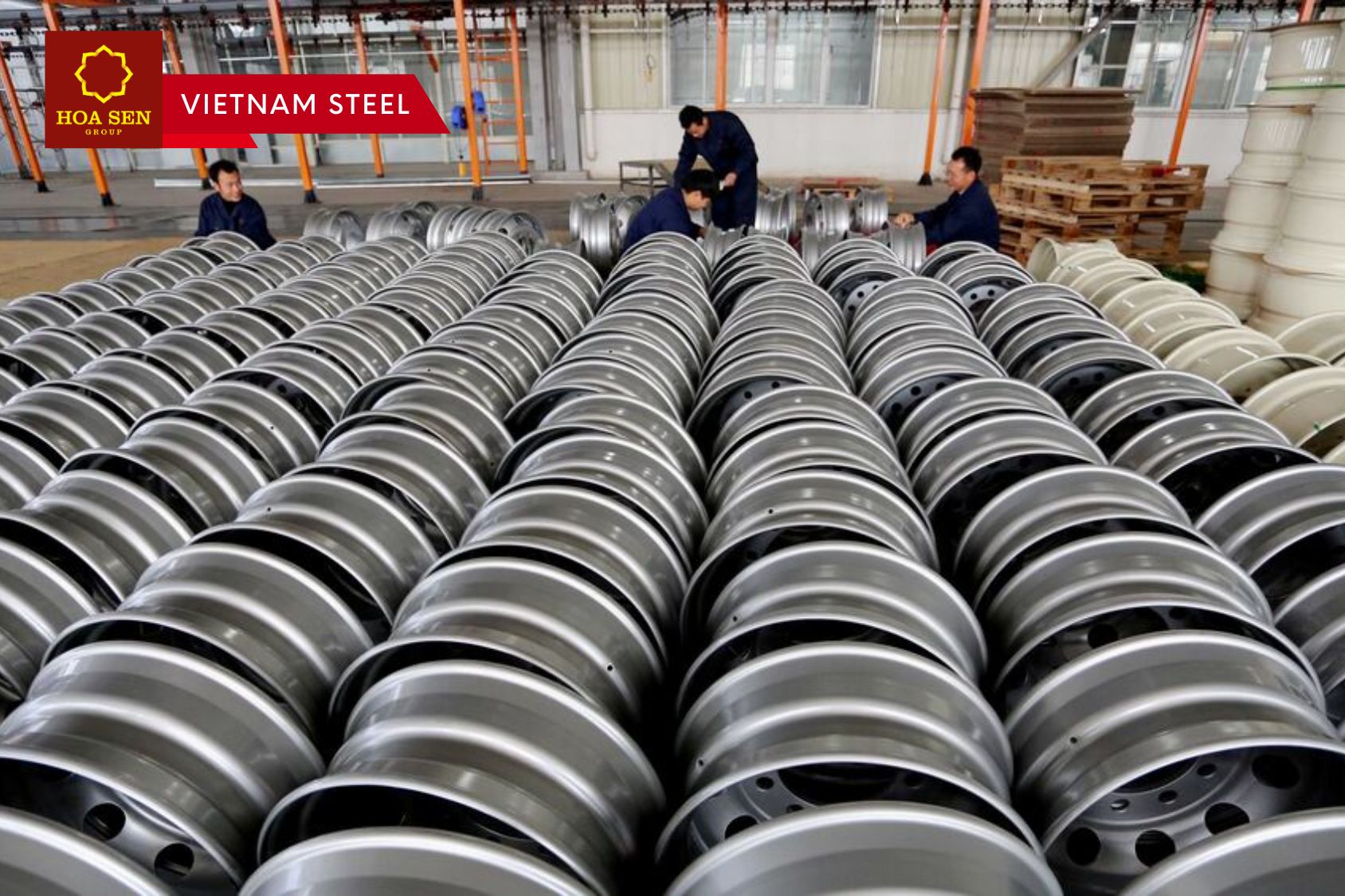Bottlenecks, in particular, are the granting of permits and the modernization of networks
The goal of tripling global renewable energy capacity by 2030 and reducing the use of fossil fuels is achievable. This is stated in the report of the International Energy Agency (IEA).
According to the report, the goal is within reach thanks to a favorable economy, significant production potential and strong policies. But increasing capacity alone will not lead to a reduction in fossil fuel use and lower costs for consumers.
In order to achieve the benefits of the chosen goal, countries need to build and modernize 25 million kilometers of electricity grids by 2030. By this time, the world will also need 1.5 thousand GW of energy storage capacity, 1.2 thousand GW of which should be batteries, which is 15 times higher than today. Slow permitting for new grid expansions, lack of investment in many grid companies (often state-owned) in emerging markets, and outdated grids in developed economies are key bottlenecks.
The report emphasized the need for a more detailed approach to achieving the goal of doubling energy efficiency by 2030, taking into account the specifics of each individual country.
“This will potentially reduce global energy costs by almost 10%, cut emissions by 6.5 billion tons and strengthen energy security,” the IEA says.
However, achieving this goal requires governments around the world to make energy efficiency a greater political priority and focus on key measures.
In particular, for developed economies, this means focusing on electrification, as doubling efficiency requires increasing the share of electricity in global energy consumption to 30% by 2030. At the same time, for emerging economies, stricter efficiency standards – especially for cooling equipment – are vital for faster progress.
The report notes that full achievement of the COP28 renewable energy and energy efficiency targets will reduce global emissions by 10 billion tons by 2030 compared to the expected figures.
Nearly 200 countries at the COP 28 climate summit in Dubai in 2023 agreed to achieve zero emissions in the energy sector by 2050, move away from fossil fuels, triple renewable energy capacity and double the rate of energy efficiency by 2030.
As reported earlier, the MEA predicts that global renewable energy capacity will double by 2027 to 5.64 thousand GW. Energy security issues caused by the war in Ukraine are contributing to an increase in investment in green generation.
Read more: India increased imports of Chinese rolled products to a seven-year high in April-August
Vietnam Steel by Hoa Sen Group

